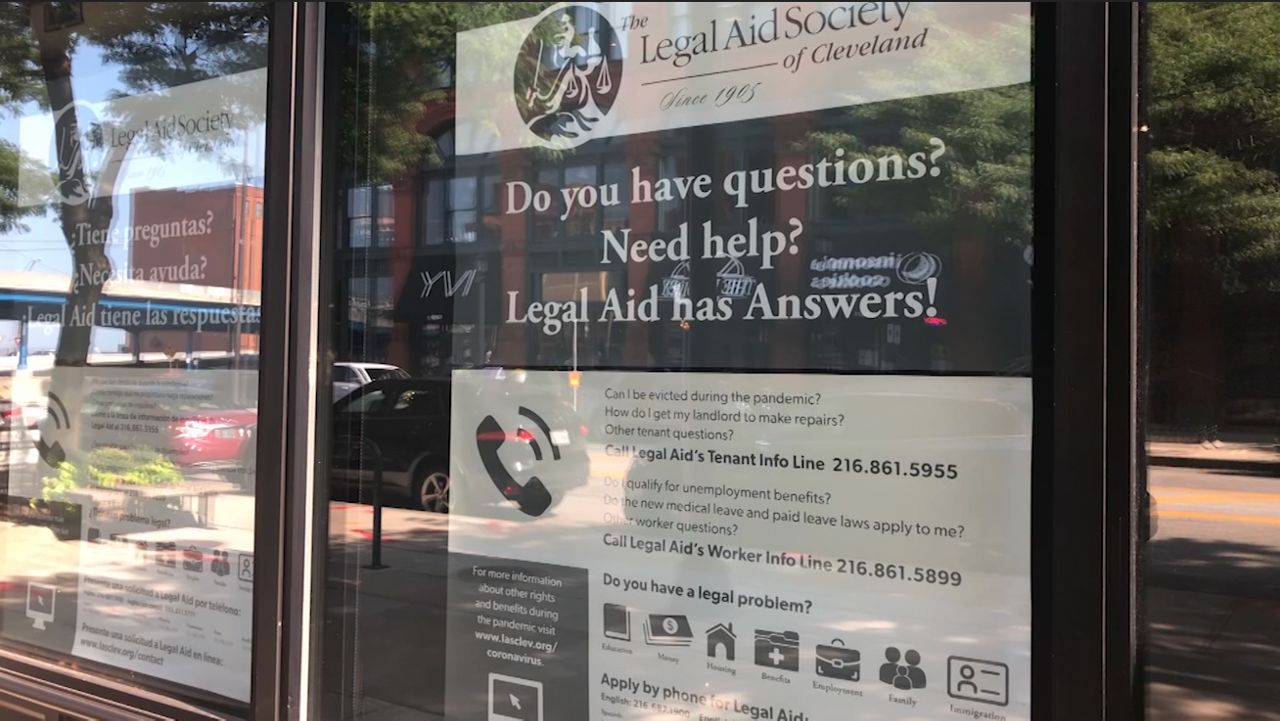CLEVELAND — Property owners and renters will continue to work on coming out of the COVID-19 pandemic after the eviction moratorium was extended to the end of July, but in the end, the money will come due.
What You Need To Know
- The moratorium on evictions was extended again, this time through July 31
- Tenants are still responsible for paying rent under moratorium
- People worried about eviction may contact the Legal Aid Society
B. Patel works for Green Harvest Capital, a real estate investment group in Cleveland.
Managing several properties, Patel said the Biden Administration's move to extend the eviction moratorium for another month won't make a big difference for his business.
"We've been going through this now for over a year,” Patel said. “We don't see a major impact. Any and all professional landlords in our northeast Ohio market have been very proactive working with our tenants proactively communicating all of the different programs and assistance that are out there in the market.”
For tenants across the state, the extension buys much needed time.
Abigail Staudt is the managing attorney at the housing group at the Legal Aid Society of Cleveland. Staudt agreed that it's good for the landlords and tenants to work together to get rent covered.

"What it also means is that both the tenant and the landlord have more time to access the available resources to cover back rent and potentially even over some future rent that's available through all of the protections that the government has provided to our nation," said Staudt.
Staudt also said it's important to note that tenants are still responsible for paying rent even, if they are covered by the moratorium.
"It does not stop a tenant's obligation from paying that rent,” said Staudt. “And so, when the CDC moratorium expires they didn't get, you know, 8, 10, 12 months of free rent. They still will owe all of that back rent which is precisely why we want them to be.”



